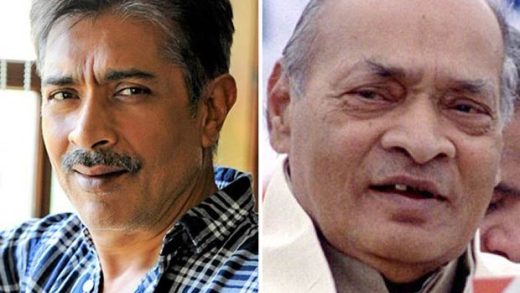As the 44th President of the United States, Barack Obama held office. This is an American tale, replete with core values, a solid middle-class upbringing, the belief that one should use education and hard work to succeed in life, and a strong sense that one should give back to others after experiencing such blessings.
Barack Obama made history as the first African American to win the presidency when he was elected in 2008. The founding fathers always believed that all Americans, regardless of money or familial ties, would have the opportunity to govern our country. Many of them had slaves, so they were subject to the biases of the day and most would not have predicted an African American president. Barack Sr., a Kenyan economist, and his mother, Stanley Ann Dunham, met in Hawaii while they were both students. On August 4, 1961, Barack was born. After their subsequent divorce, Barack’s mother wed an Indonesian, raising him there throughout his early years. He went back to Honolulu before the fifth grade to live with his maternal grandparents and attend Punahou School on scholarship.
Obama discusses the challenges of coming to terms with his identity as a teenager in his 1995 memoir Dreams from My Father. He attended Occidental College in Los Angeles for two years before transferring to Columbia University to study international relations and political science. After graduating in 1983, Obama worked in New York City before moving to the South Side of Chicago to serve as a community organizer. There, he coordinated with local churches to establish job-training programs and improve housing conditions in a region severely impacted by the shutdown of steel mills. He enrolled in Harvard Law School in 1988, and as the school’s first African American president of the Harvard Law Review, he garnered national notice. After moving back to Chicago, he became a member of a civil rights-focused boutique legal practice.
Obama wed Michelle Robinson in 1992; Robinson was a successful attorney from Harvard Law as well. Sasha and Malia, their daughters, were born in 2001 and 1998, respectively. In 1996, Obama was elected to the Illinois Senate, and in 2004, he was elected to the United States Senate. He gave a highly praised keynote speech at the Democratic National Convention that summer. While some commentators called him a future president right away, the majority took some time to predict it. Nevertheless, he defeated Senator John McCain of Arizona in the 2008 election, with 365 to 173 electoral votes.
Obama has several obstacles to overcome as the next president, including the ongoing threat of terrorism, the economic crisis, and the wars in Afghanistan and Iraq. Obama made historic federal spending proposals to boost the economy and sought to restore America’s standing in the world at his inauguration, which was held in front of an estimated 1.8 million spectators. Three hallmark bills—a financial institution reform measure, an omnibus package to boost the economy, and a law to improve access to and affordability of health care—were signed by him during his first term in office. Obama also pushed for laws on financial reform, consumer protection, and a fair pay act for women. Obama was the fourth president to win the Nobel Peace Prize in 2009.
He defeated former Massachusetts Governor Mitt Romney in the 2012 election, with 332 electoral votes to 206. The Middle East continued to be a major obstacle to international strategy. Obama was in charge when Osama bin Laden was killed, but during Syria’s civil war, a new self-declared Islamic State emerged and started encouraging terrorist strikes. Obama tried to use a pact that prevented Iran from developing nuclear weapons to contain a belligerent country. In addition, the Obama administration approved a climate change pact to curb greenhouse gas emissions and mitigate global warming, which was ratified by 195 countries.
Obama gave speeches on two occasions in the final year of his second term that were meaningful to him: the National Museum of African American History and Culture’s dedication and the 50th anniversary of the civil rights march from Selma to Montgomery. He declared to Selma, “We are getting closer, but our union is not perfect yet.” He said to those in attendance at the museum’s opening in Washington, “And that’s why we celebrate, mindful that our work is not yet done.”



